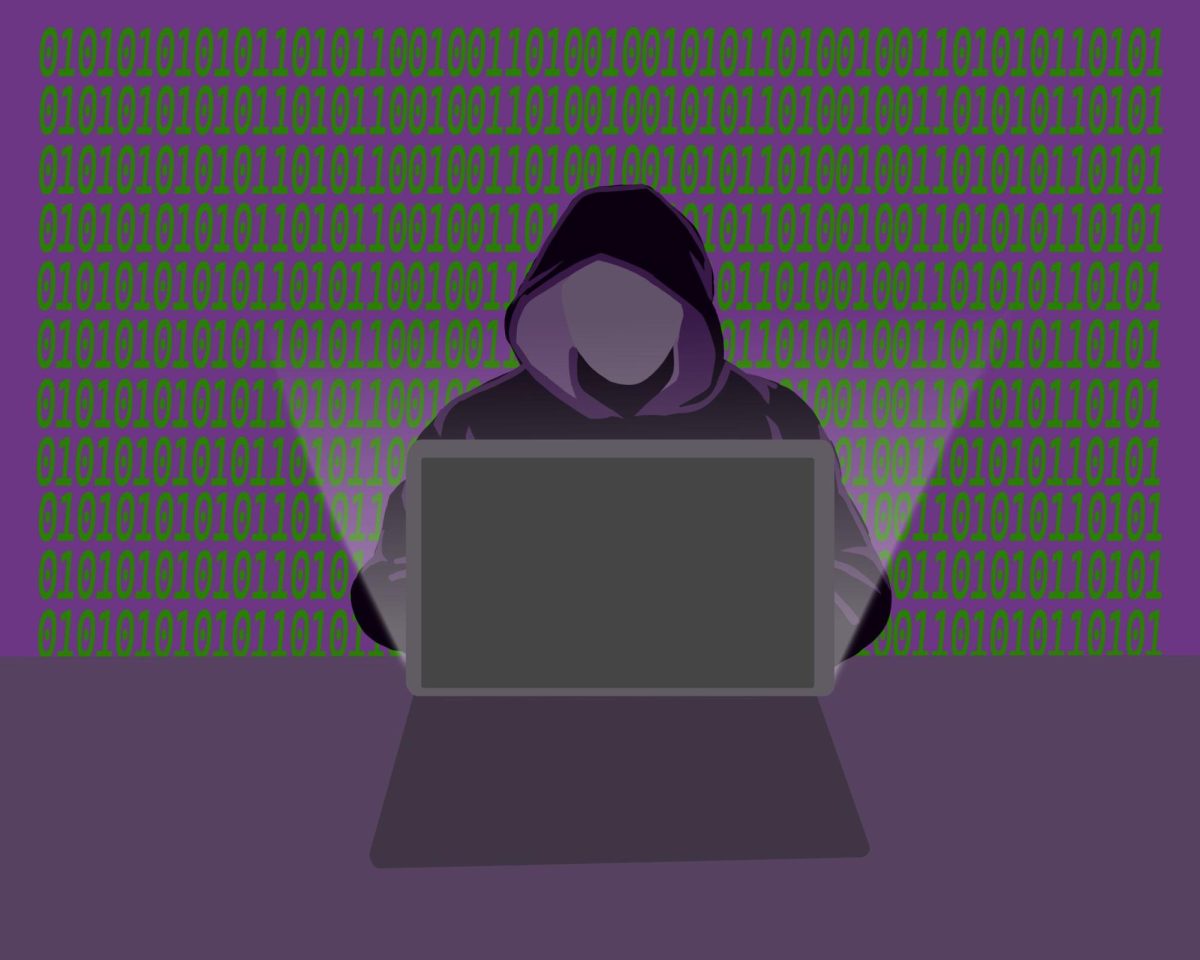While studying syllabi during the first few weeks of classes, you might have noticed the small “netiquette” section in the back advising students to uphold good morals on the web. Maybe you just skimmed over it. Either way, there is a part of the cyber world that UTSA and other colleges do not teach you: cyber hygiene. What is cyber hygiene? Cyber hygiene focuses on how to prevent oneself from falling prey to phishing, social engineering, et cetera. Meanwhile, netiquette just tells one how to conduct themselves professionally online.
Cyber hygiene is crucial in the ever-expanding use of the internet, from Facebook to Twitter. By now, you may be wondering how you can become cyber hygienic. The first tip is to always use common sense when reading emails. Recently, UTSA has undergone a massive phishing campaign by threat actors leveraging stolen student accounts, and to help combat that, UTSA’s Cyber Operations Team has been conducting periodic anti-phishing campaigns on all of us. This shows how important being cyber-hygienic is.
The next tip is to always get a second opinion on something if you are not sure of the origins or validity of the email. Many students use the r/UTSA subreddit to do this, and while you do not necessarily need to have a Reddit account to do so, it is certainly an option. Next, never visit a site that looks fishy. It is just like real life; if you went into an unfamiliar area and suddenly felt unsafe with traffic speeding by, your gut reaction might tell you to turn around and leave. Use this intuition with new and unfamiliar websites, and it can help you to avoid viruses and other malicious actions.
One of the most important tips comes for full-screen phishing attacks, such as fake tech support pages. If you ever experience that, do not call the number listed on their site. Instead, Google on another device how to exit full-screen mode on whatever browser and computer you are using. On Windows, UTSA’s recommended OS for college work, you can press F12 or Fn and F12 on your keyboard or access the Task Manager by pressing control, alt and delete and force-closing your browser. Yes, it may suck, but it is better than your computer sounding an alarm at 100% volume telling you that you have a virus for hours on end.
According to Forbes, over 500 million successful phishing attacks were reported in 2022, over double that of the stats in 2021, with 300,497 phishing victims and a total loss of $52,089,159 in the U.S. alone. Phishing attacks have become advanced to the point that they are easy to set up and have a high success rate, making information on how to avoid them even more prudent in a rapidly evolving tech-oriented world. Most recently, MGM Resorts experienced a major hack, affecting operations globally for the company.
Ransomware is the highest and most expensive threat in the cyber world today. It is still essential to learn that ransomware exists to make sure that you do not lead your company to become a victim. According to data shown by Forbes, approximately 37% of global organizations said they were the victim of some form of ransomware attack in 2021. All this to say, one of the best, all-around things that you can do to stay cyber hygienic is to keep all your applications and devices up to date. At the end of the day, we are all human and we are bound to make mistakes.









